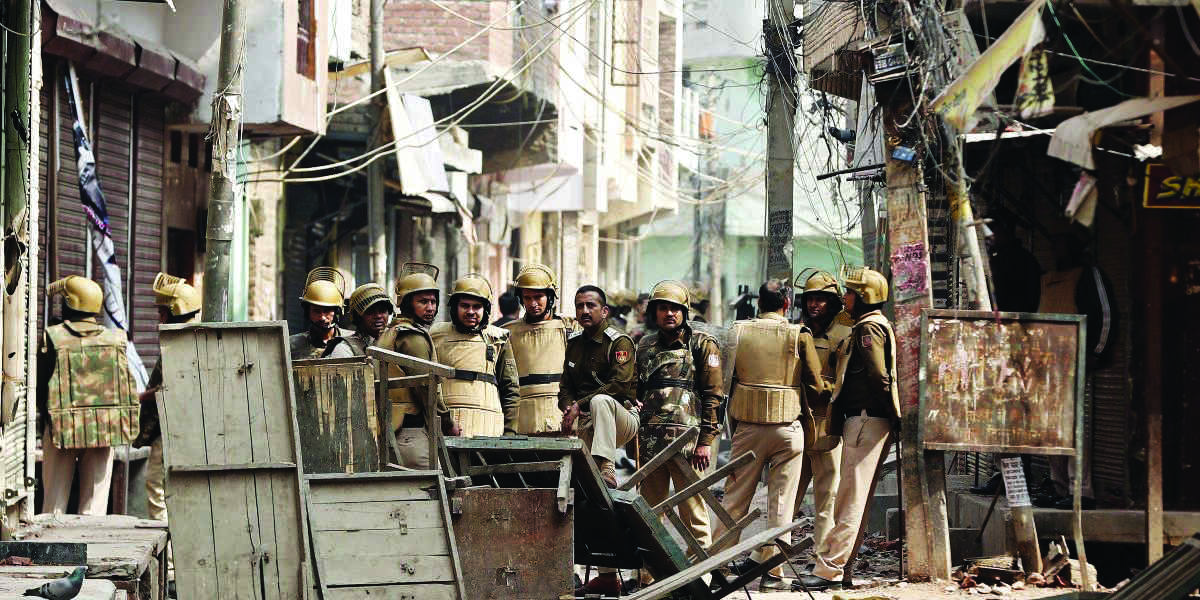Two years later, riots victims live in fear, seeing their attackers daily, still trying to pick up pieces

New Delhi: During the week, 20-year-old Salma (name changed) is busy with household chores, cooking, doing laundry, stitching and managing her father's small grocery store in north-east Delhi's Ghonda area and on Sundays she attends school — all the while wary of her neighbours, many of whom she said were responsible for burning their home down during the February 2020 riots.
"Jaan hatheli pe rakh ke reh rahe hai. Something or the other keeps happening here," she said, "The people who burnt our house were from this neighbourhood. We see them day and night, roaming around the area. We feel angry seeing them but can't do anything. It makes us feel scared as well but we're just somehow living through it — "so scared that she wanted to keep her and her family's name out of the public domain.
In addition to destroying their home, the violent riots in north-east Delhi two years ago canned her dreams of finishing her schooling with her friends and going ahead to college. She said she wants to become a police officer.
As the riots struck right after Salma had received her 10th board results, with their home, all her paperwork was gone too. "Documents including transfer certificate, board results and books were burnt so I couldn't get admission in school", she said, adding that for the next year she was forced to put her education on hold as they went from one government office to the other to get their compensation.
The family was eventually awarded around Rd 1.75 lakh in compensation by the Delhi government but they still needed significant help from local NGOs to rebuild their home.
"I would only help out at home since my sewing machine was burnt with the house," she said, recalling how she longed to get back to school and how difficult it had become to enrol for classes after having all her transcripts burnt.
"They were sent by god," she said of the NGO worker who had first surveyed her neighbourhood after the riots looking to enrol kids into schools. But as the children and their families tried to flee for safety, many of them, including Salma, said they couldn't resume schooling at the time even if they wanted to.
And then came the Covid lockdown.
"Finally, sometime in early 2021, the NGO worker came back, took some documents and got us admitted in schools," she said. Salma began her 12th Standard classes a month ago from an open school, where classes are held on Sundays. Her family moved back to their Ghonda home in March last year after a year of rebuilding, during which time, they lived in a relief camp for half a month before finding rooms to rent till their home was rebuilt.
Independent volunteers from Jamia Millia Islamia had crowdfunded for her father to help him start a small eatery but the landlord asked him to vacate it all of a sudden. He now owns a small grocery shop in the neighbourhood where Salma and her mother help out. "My father has been sick for years and can't do a lot of work so my mother and I usually handle the shop", she said, adding that she does manage to do some sewing work as and when it comes.



